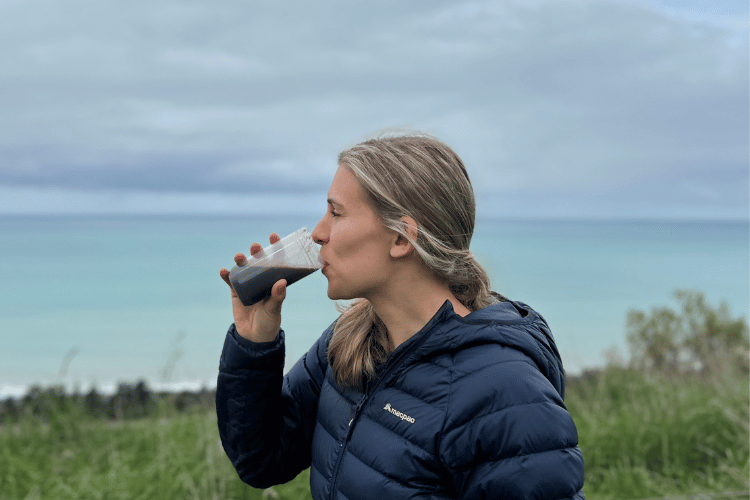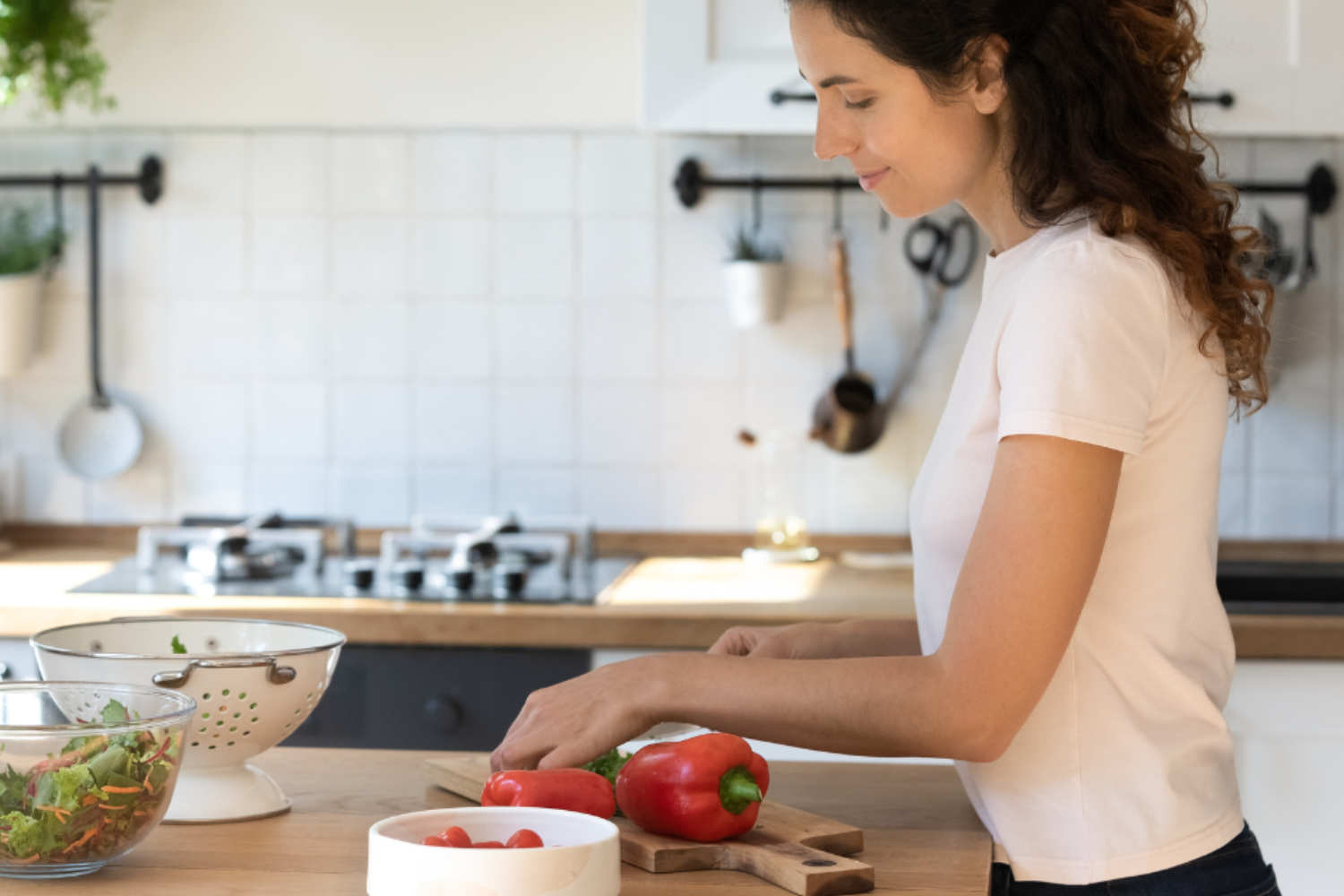By Dr Vanessa Ingraham
Chronic inflammation is thought to be a significant factor for almost every disease associated with ageing.
Conditions such as heart disease, cancer, autoimmunity, osteoporosis, diabetes and even skin wrinkling all have roots in chronic inflammation.
In order to achieve vibrant health we need to understand how to allay chronic inflammation.
Address gut health
Bloating, constipation, flatulence and pain are all signs your gut is inflamed. Consuming probiotic foods such as sauerkraut, kombucha and active yogurts are all ways to address gut health. The most common food allergies include dairy, corn, soy and wheat. Avoiding these for three to four weeks can help reset your immune system and inflammatory response. If you have recently taken antibiotics this is especially important.
Balance your fats: Too little omega-3 and omega-6 fats and too much hydrogenated fats from margarine and deep-fried foods will result in chronic inflammation. Avoid all deep-fried foods, never consume margarine, use extra virgin olive oil and eat fatty fish several times a week (if you are vegan opt for algae-based DHA oils). Try to eat more sources of omega-3 fats including hemp, chia and flax seeds (1).
Increase your intake of plant foods
Vegan or not, we all need to eat more vegetables. Plants contain a diverse array of vitamins and minerals and perhaps most importantly phytonutrients such as sulforaphane and anthocyanin. These magical compounds can turn off inflammation at a genetic level, and are our most powerful allies in preventing chronic disease. Nutrient Rescue’s Green and Red Shots are great ways to get those extra servings and give your body these powerful nutrients.
Vitamin D
Vitamin D controls over 300 genes, many of which are involved in immune response. Adequate vitamin D levels improve blood sugar control, reduce our risk of many cancers, inhibit inflammation and prevent autoimmunity. Interestingly though, sun exposure seems superior to vitamin D supplementation, and UVB light is also necessary for optimal health. Try to get some time outside every day uncovered and without sunglasses. Have your doctor check your vitamin D levels, as many Kiwis and Aussies are deficient (2).
Sleep
When we do not sleep, our inflammation levels increase. During sleep our bodies regenerate — large studies have shown inadequate or poor quality sleep unhinges the immune system and increases inflammation (3). Aim for seven to eight hours most nights. Make sure your room is completely dark and cool, and limit screen time a few hours before bed. This will ensure proper deep sleep and adequate melatonin (sleep hormone) secretion. If you have insomnia or poor quality sleep, you could be increasing your risk of inflammatory conditions, cancer and cognitive decline. Speak to your healthcare provider for more help.
Lose weight
Overeating increases the immune response, which in turn generates excessive inflammation. Changing your diet, often through avoiding all processed foods, is key. There is much more to weight loss than the calories in-calories out equation, but by sticking to a diet of wholefoods you will undoubtedly be on the right track (4).
Reduce stress
A few minutes of meditation, mindfulness or deep breathing once or twice a day is probably the best thing you can do for stress levels. Try the smartphone apps Calm, Headspace or Mindbliss, or search YouTube for meditation and breathing practices (no affiliation). Laughter (anything from slapstick comedy to cat videos), finding something to be grateful for every day, and spending time in nature are excellent for reducing stress and inflammation.
Be barefoot or swim in the ocean
We came from the earth, so it makes sense that being in direct contact with the earth may be a good idea. Turns out science is catching up to hippie wisdom and proving just that. When we are in touch with the earth (or the ocean), our bodies are able to dump built-up static electricity and pick up free electrons, which have an antioxidant and anti-inflammatory effect on the body. Studies have shown “grounding” (being barefoot on the earth) reduces pain, alters the number of circulating white blood cells and affects various circulating chemical factors related to inflammation (5).
Reduce booze and avoid over-the-counter anti-inflammatories
Alcohol increases inflammation and leads to intestinal permeability, which in turn ramps up inflammation levels. Taking NSAIDs (aspirin, ibuprofen, naproxen) decreases inflammation in the short term but can cause the very same intestinal permeability that drives chronic inflammation (6). Work with healthcare practitioners interested in addressing the root cause of pain, rather than ones quick to recommend these drugs. Try natural anti-inflammatory agents such as ginger, boswellia and turmeric instead of reaching for drugs for pain relief.
* Dr Vanessa Ingraham is an expert health adviser and a doctor of Naturopathic Medicine.
References:
- https://www.ncbi.nlm.nih.gov/pubmed/18751910
- https://www.sciencedaily.com/releases/2012/02/120223103920.htm
- https://www.eurekalert.org/pub_releases/2016-07/e-psh070616.php
- https://www.sciencedaily.com/releases/2014/08/140825084836.htm
- https://www.ncbi.nlm.nih.gov/pmc/articles/PMC4378297/
- https://www.ncbi.nlm.nih.gov/pmc/articles/PMC1727292/














